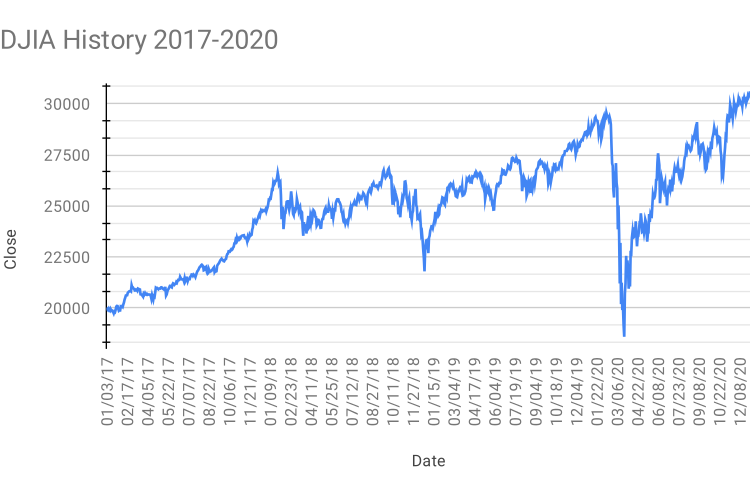Research shows that older Americans are spending more time on their devices, leading to potential health and social issues
- Americans aged 60 and up spend almost 30 minutes more on their devices per day compared to a decade ago
- Screen time has increased across genders and education levels for older adults
- Excessive device use can lead to health issues and social isolation for retirees
- Modifying home screens and notification settings can help moderate device usage
- Setting a time limit for device use can improve sleep quality and encourage other activities
The amount of time that Americans aged 60 and up spend on their devices has increased by almost 30 minutes a day over the last decade, according to a Pew Research Center analysis. This rise in screen time is apparent across genders and education levels. However, many older adults may not realize how long they’re actually staring at their screens and the potential negative effects it can have on their health and wellness. Excessive device use can contribute to obesity, eyestrain, and physical and social isolation. While interacting with others online can help combat loneliness, it can also exacerbate feelings of missing out on important events or experiences. Older adults may also struggle with the addictive draw of devices, leading to neglect of other activities, such as spending quality time with family. Weaning retirees from their devices can be challenging, but there are strategies that can help. Modifying home screens and notification settings can reduce distractions and limit the number of apps and alerts that compel older adults to spend more time on their devices. Setting a time limit for device use, especially at night, can improve sleep quality and encourage engagement in more fulfilling activities. It’s important to address the growing concern of retirees’ increasing device use and find ways to promote a healthier balance between screen time and other recreational activities.
Public Companies:
Private Companies: undefined
Key People: Abbie Richie (Founder and Chief Executive of Senior Savvy)
Factuality Level: 7
Justification: The article provides information based on a Pew Research Center analysis of Bureau of Labor Statistics data, which adds credibility to the claims made. The article also includes quotes from Abbie Richie, founder and CEO of Senior Savvy, which adds a personal perspective but does not present it as a universally accepted truth. The article does not contain any obvious misleading information or fallacies. However, it does include some tangential information about setting up a computer or smartphone, which is not directly related to the main topic of retirees’ screen time.
Noise Level: 4
Justification: The article provides some interesting insights into the increasing screen time among older adults and the potential negative effects on their health and well-being. However, it lacks scientific rigor and intellectual honesty as it relies mostly on anecdotal evidence and personal opinions. It also does not provide any actionable solutions or new knowledge that the reader can apply.
Financial Relevance: No
Financial Markets Impacted: No
Presence of Extreme Event: No
Nature of Extreme Event: No
Impact Rating of the Extreme Event: No
Justification: The article does not pertain to financial topics and does not describe any extreme events.
 www.marketwatch.com
www.marketwatch.com 





